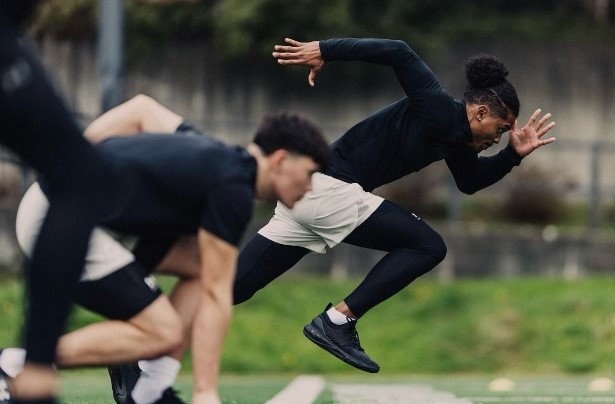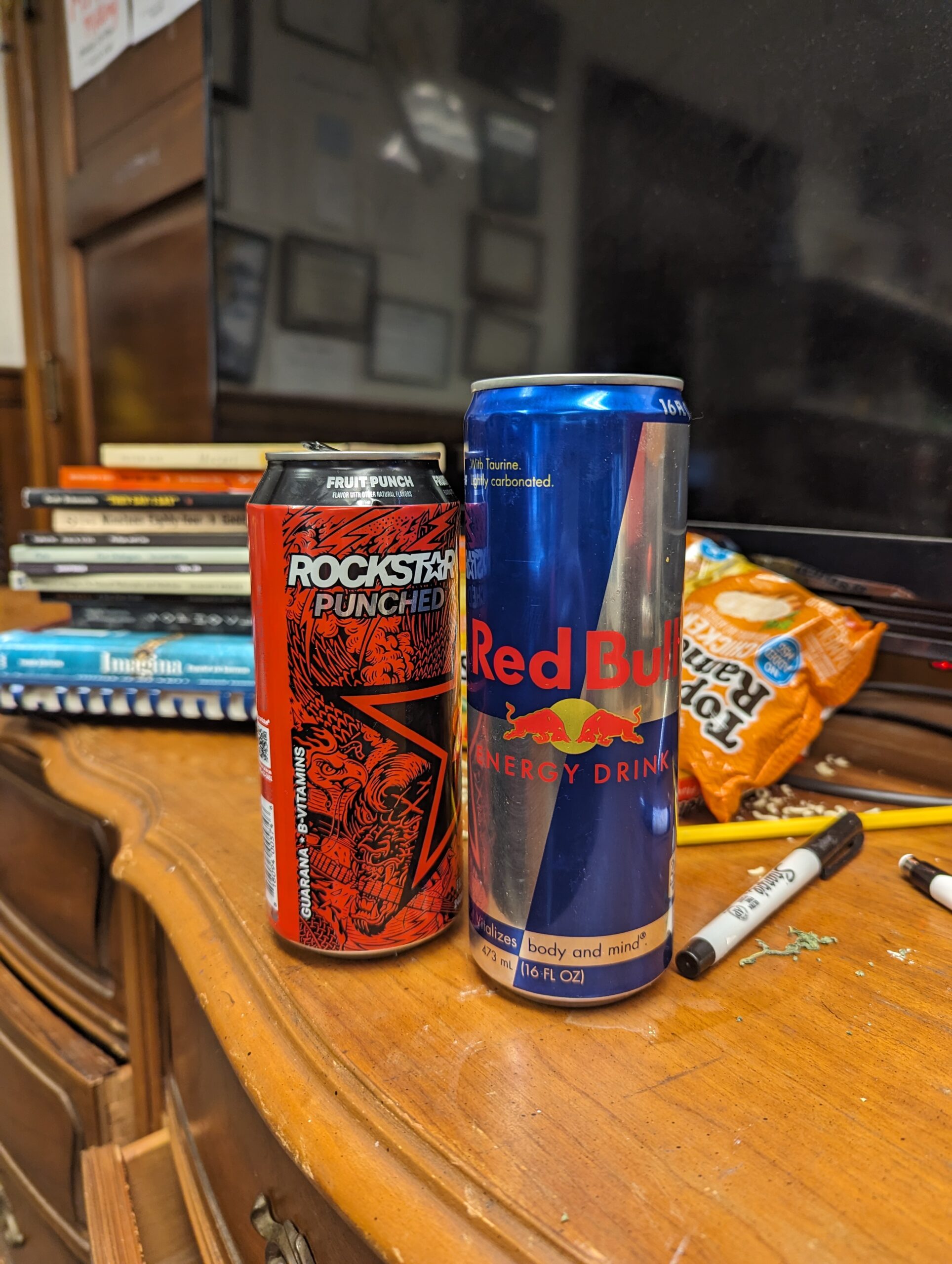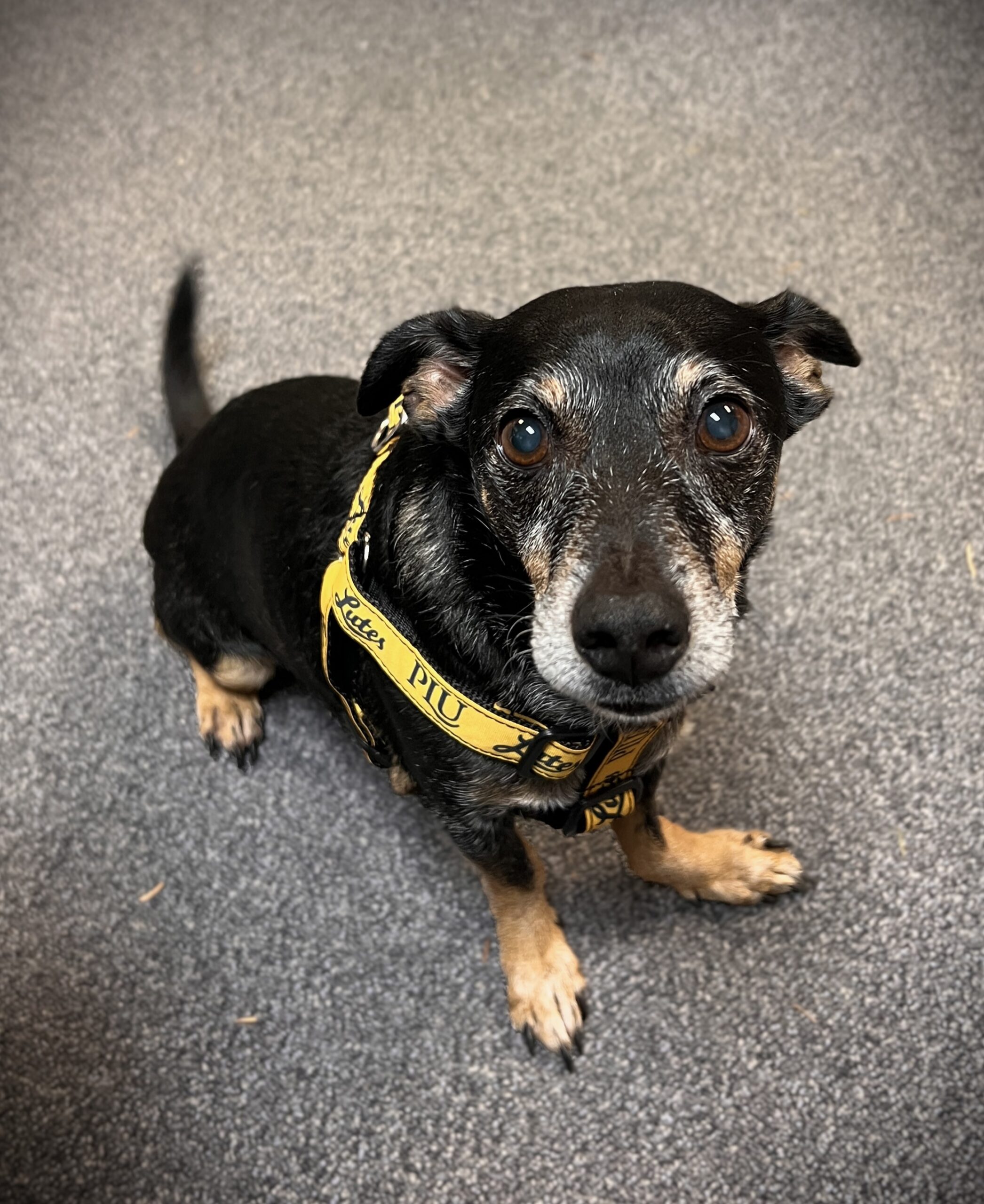Should you be able to make money off your own talents? Before July 1, 2021, NCAA athletes in Washington State were prohibited from making money showcasing their skills in their sports. For example, if a basketball player decided to make a YouTube channel where they made basketball videos, they would have to demonetize their account or stop playing sports for an NCAA team. Following the implementation of the Name, Image, and Likeness (NIL) rule, NCAA athletes can now generate income from their sports. A caveat to the rule is that they cannot be directly compensated based on their performance.
On October 5, 2021, PLU became the first NCAA Division III school to have a marketplace on Opendorse to provide students with easier access to NIL deals. Mike Snyder, the athletics director at PLU, said this was because “it was going to be available for all athletes at some point in some fashion, and I didn’t want to be someone who was lagging behind.” This decision has generated around 80 deals for student-athletes and around $14,000.
Darius Chaffin is a dual-sport student-athlete at PLU who has been utilizing NIL to the fullest extent. One of his largest deals was when he did a photo shoot with Under Armour. Chaffin says that for him, NIL means “ an opportunity for broke college students to not be broke anymore.” That’s an idea everyone can get behind. Ultimately, NIL allows athletes to monetize their skills, ensuring that all individuals have an equal chance to benefit from the hard work and dedication they’ve put in over the years.



















